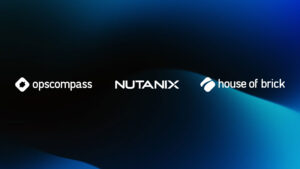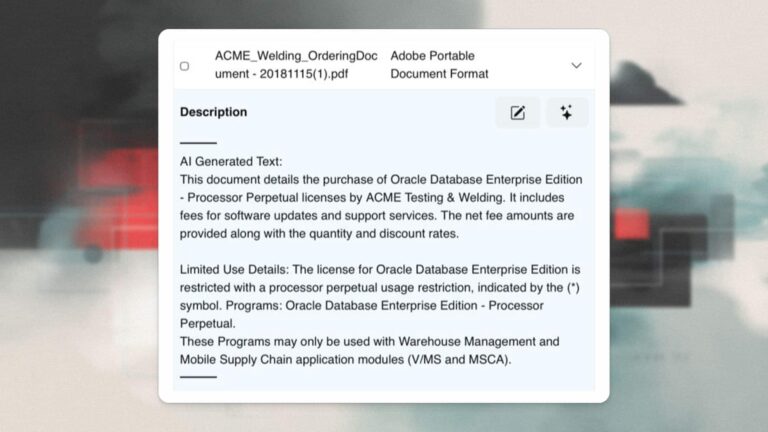In September 2021, Oracle released Java 17 under the No-Fee Terms and Conditions (NFTC) license, seemingly reinstating free access after the controversial decision in April 2019 to charge for Java licenses. However, this freedom came with specific terms and conditions, notably that one year after the release of the next long-term support (LTS) version—Java 21 in this case—the license for Java 17 would revert to the Oracle Technology Network (OTN) License or require a Java SE Subscription, thus no longer being free.
For additional context on the historical changes in Oracle’s Java licensing, see Oracle Java Licensing Changes.
Why Oracle Java 17 Licensing Matters
Understanding the Shift in Licensing Policy
As of September 2024, it has been one year since the release of Java 21 LTS. Consequently, future Java 17 releases are no longer under the NFTC license. It’s crucial to note that past versions of Java 17 remain under the NFTC license; specifically, Oracle Java 17 releases from 17.0.0 through 17.0.12 are still available under NFTC. This transition aligns with Oracle’s licensing strategy, as detailed in their official statements.
For further details on how Oracle’s policies affect businesses, check out Oracle’s Java Licensing Changes and Impacts. To understand how this aligns with Oracle’s future roadmap, read JDK 17’s End of Permissive Licensing.
Fee Terms and Conditions
Organizations must now carefully review Oracle’s subscription model for Java SE. Licensing fees are based on employee count, which can significantly affect costs. For businesses exploring cost optimization, understanding Oracle’s pricing strategies is essential.
Read more about this topic in Oracle 2023 Java Pricing Explodes: What Should I Do Now?.
Key Implications for Businesses
- Increased Operational Costs: Transitioning to a paid model may lead to higher expenses for organizations relying on Oracle Java 17.
- License Management: Businesses must implement effective strategies to manage licenses and ensure compliance with Oracle’s terms.
- Security Considerations: Using older, free versions of Java without the latest security updates can leave systems vulnerable to threats.
For practical guidance on minimizing risks, refer to 2024 Oracle Java Licensing Risks: Strategies and Insights for Your Business.
What’s New in Java 17?
Top Java 17 Features
Java 17 introduces several advanced features designed to enhance productivity and code security. Some highlights include:
- Sealed Classes: These restrict which classes or interfaces can extend or implement them, offering more control over code inheritance.
- Pattern Matching for Switch: A simpler and more intuitive way to write switch statements.
- Context-Specific Deserialization Filters: These filters enhance application security by dynamically selecting deserialization contexts.
Developers interested in a full breakdown of features should review Oracle’s Official Java 17 Release Notes.
Performance Improvements in Java 17
Notable performance enhancements include updates to the Z Garbage Collector (ZGC) and support for macOS/AArch64, which provide faster and more efficient cross-platform development.
Java 17 for Long-Term Support (LTS)
What Makes LTS Versions Significant?
LTS versions, such as Java 17, provide extended support, making them ideal for enterprise applications requiring long-term reliability. These versions also include periodic updates that address critical bugs and security vulnerabilities.
For help determining which versions of Java require payment, see Which Java Versions Do I Have to Pay For?.
How Long Will Java 17 Receive Support?
Java 17 will receive updates under the NFTC license until September 2024. Beyond that, support will require a subscription under the Oracle Technology Network License Agreement.
Alternatives to Oracle’s Java 17
OpenJDK 17
OpenJDK is a free, open-source alternative to Oracle JDK. It offers nearly identical functionality, though organizations should consider support requirements and update frequency when evaluating it.
Third-Party Java Distributions
Amazon Corretto, Azul Zulu, and Eclipse Temurin are popular alternatives to Oracle JDK, offering additional benefits such as specialized support and features.
Explore these alternatives further in Java 17 – What Does “Free” Mean?.
Best Practices for Migrating to Java 17
Preparing for Migration
- Compatibility Assessment: Evaluate existing applications to ensure compatibility with Java 17 features and updates.
- Testing: Comprehensive testing is essential to address issues arising from feature deprecations or behavioral changes.
Mitigating Costs
- Open Source Alternatives: Organizations can save on licensing fees by adopting free distributions such as OpenJDK.
- Strategic Planning: A well-thought-out migration plan can help balance performance gains with cost considerations.
For specific steps and considerations, see Which Java Versions Do I Have to Pay For?.
Conclusion
The transition of Oracle Java 17 from free to a subscription-based model represents a significant shift for businesses and developers. Understanding these changes and implementing best practices for compliance and cost optimization is essential for continued success. For tailored guidance, contact experts who specialize in Oracle licensing strategies.
FAQs on Java 17 Licensing and Features
Oracle Java SE 17 is a long-term support version of the Java programming language, offering enhanced features and security.
The subscription model is based on employee count, which may lead to significant costs for smaller businesses.
Yes, OpenJDK is a free and open-source alternative, although it may lack the commercial support provided by Oracle JDK.







